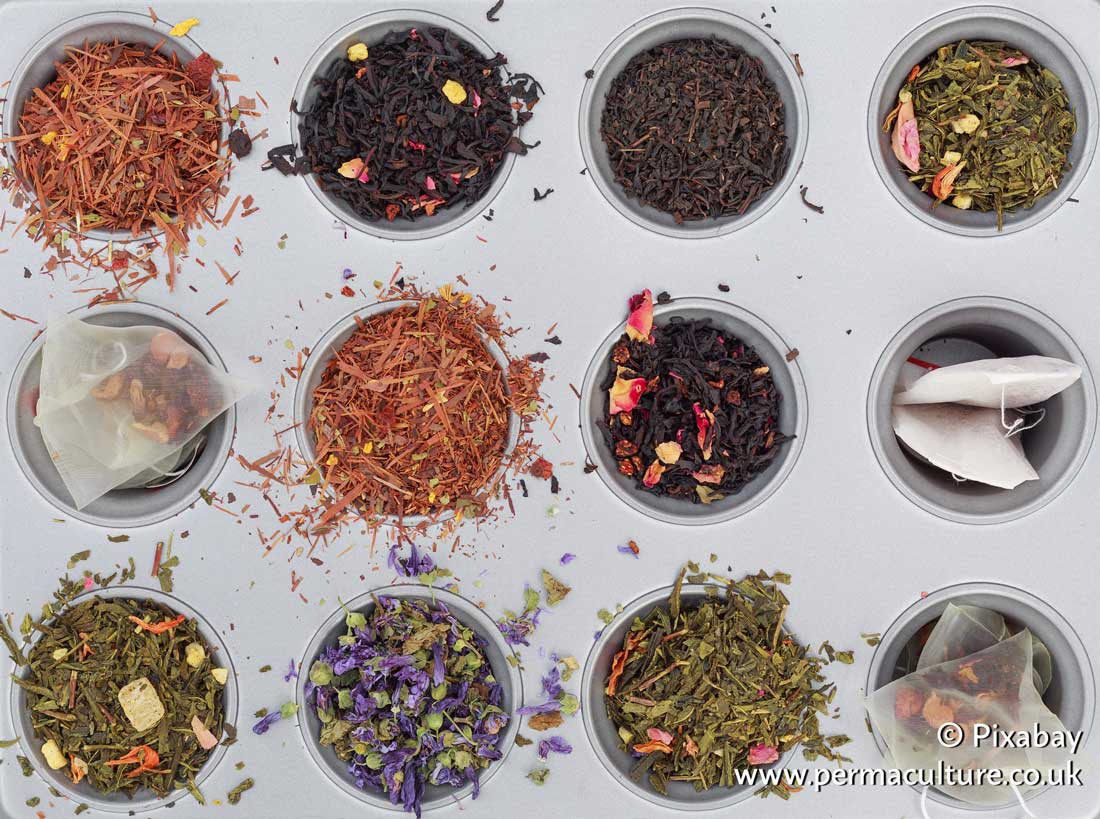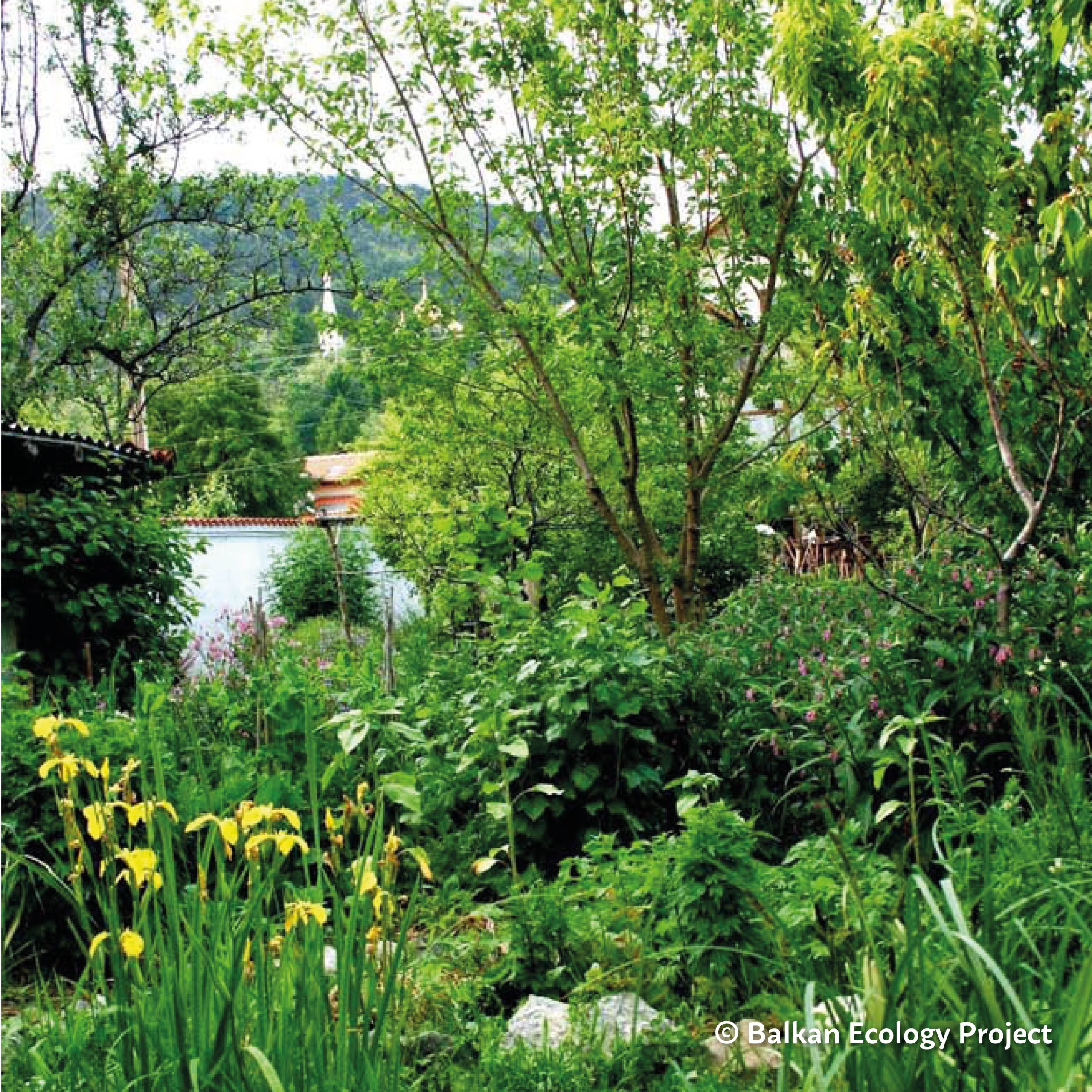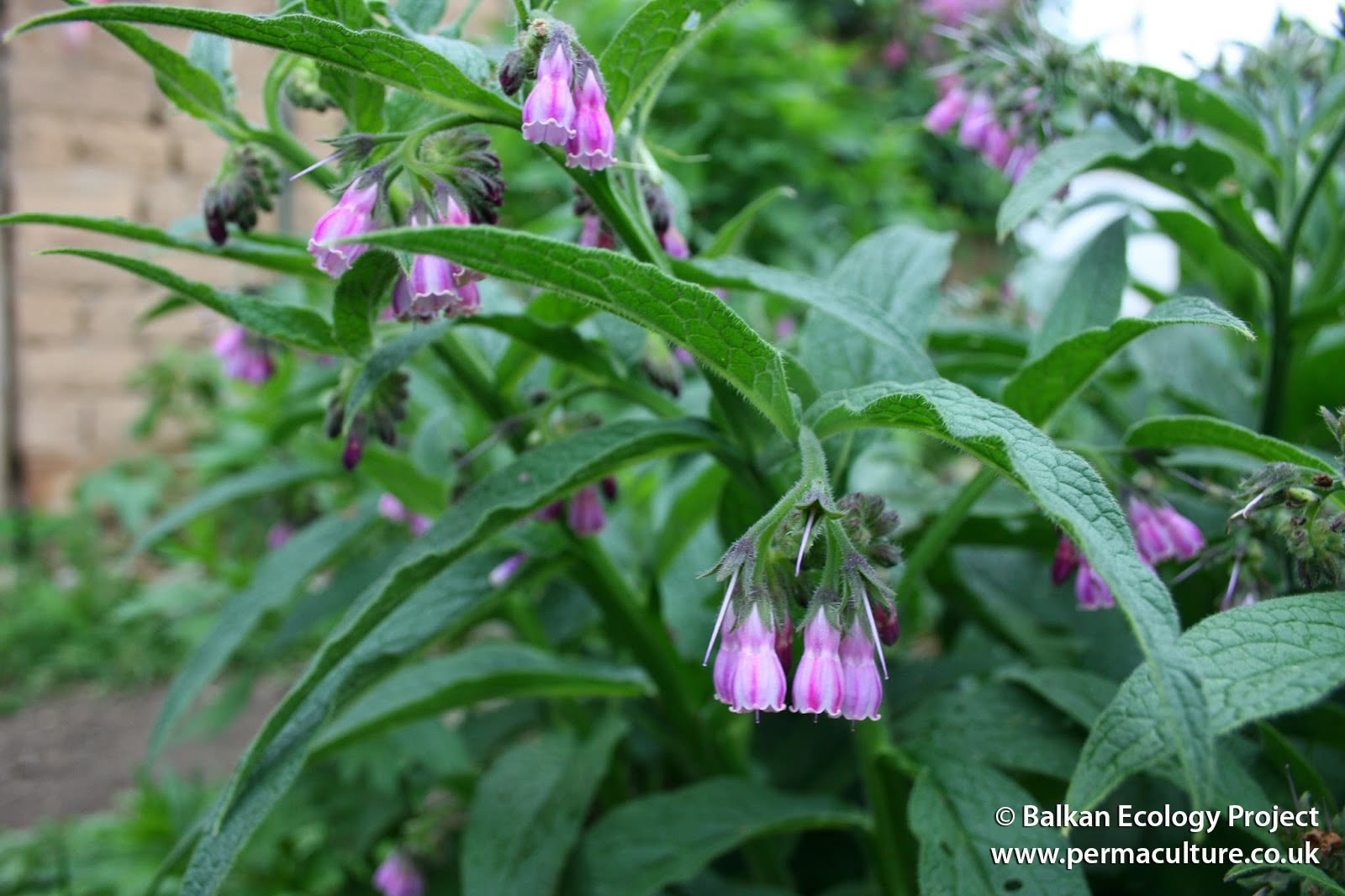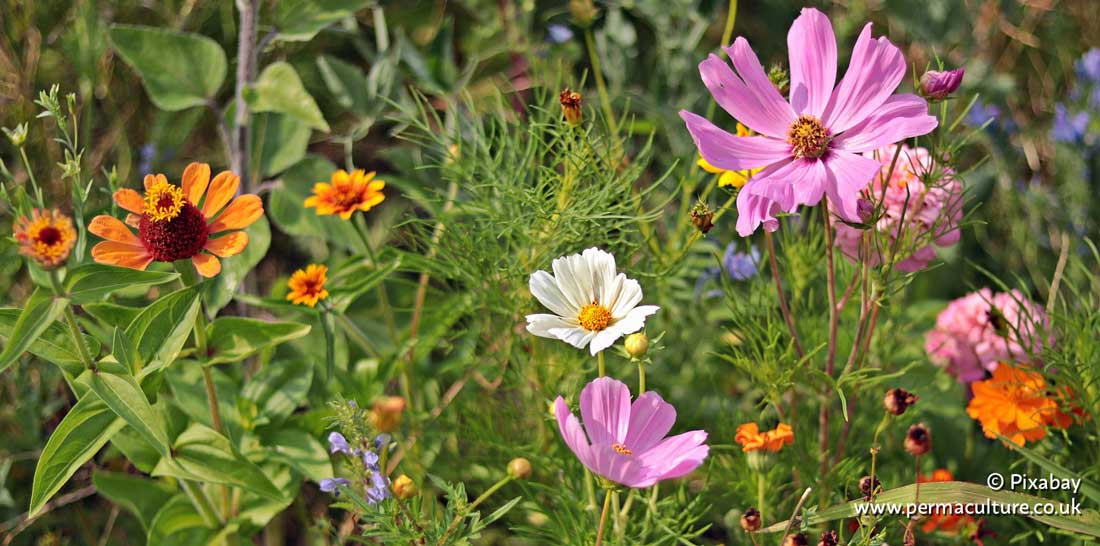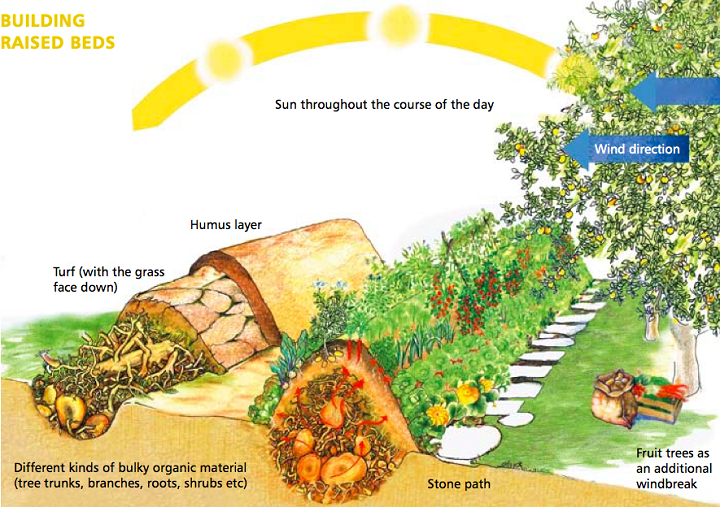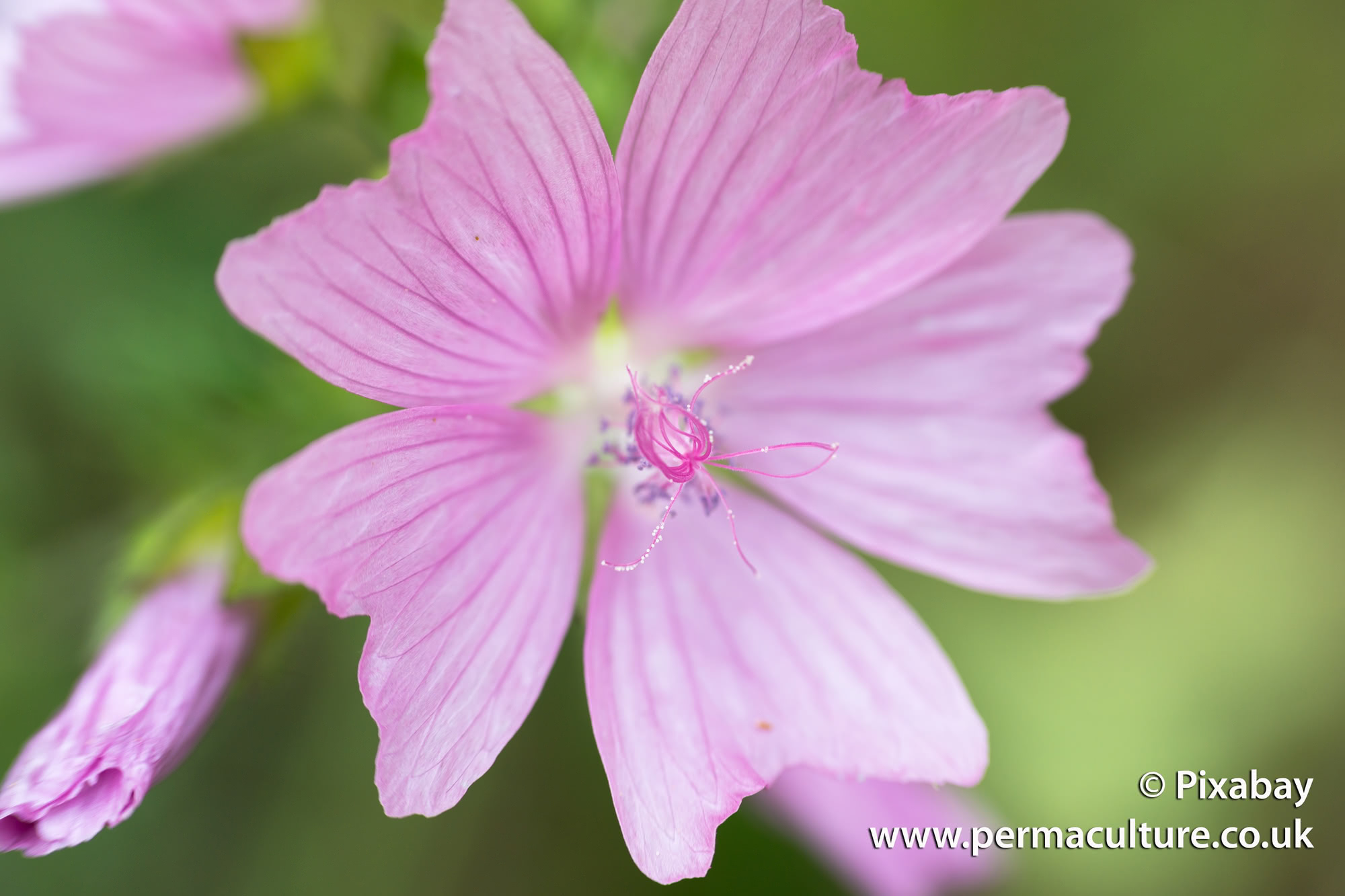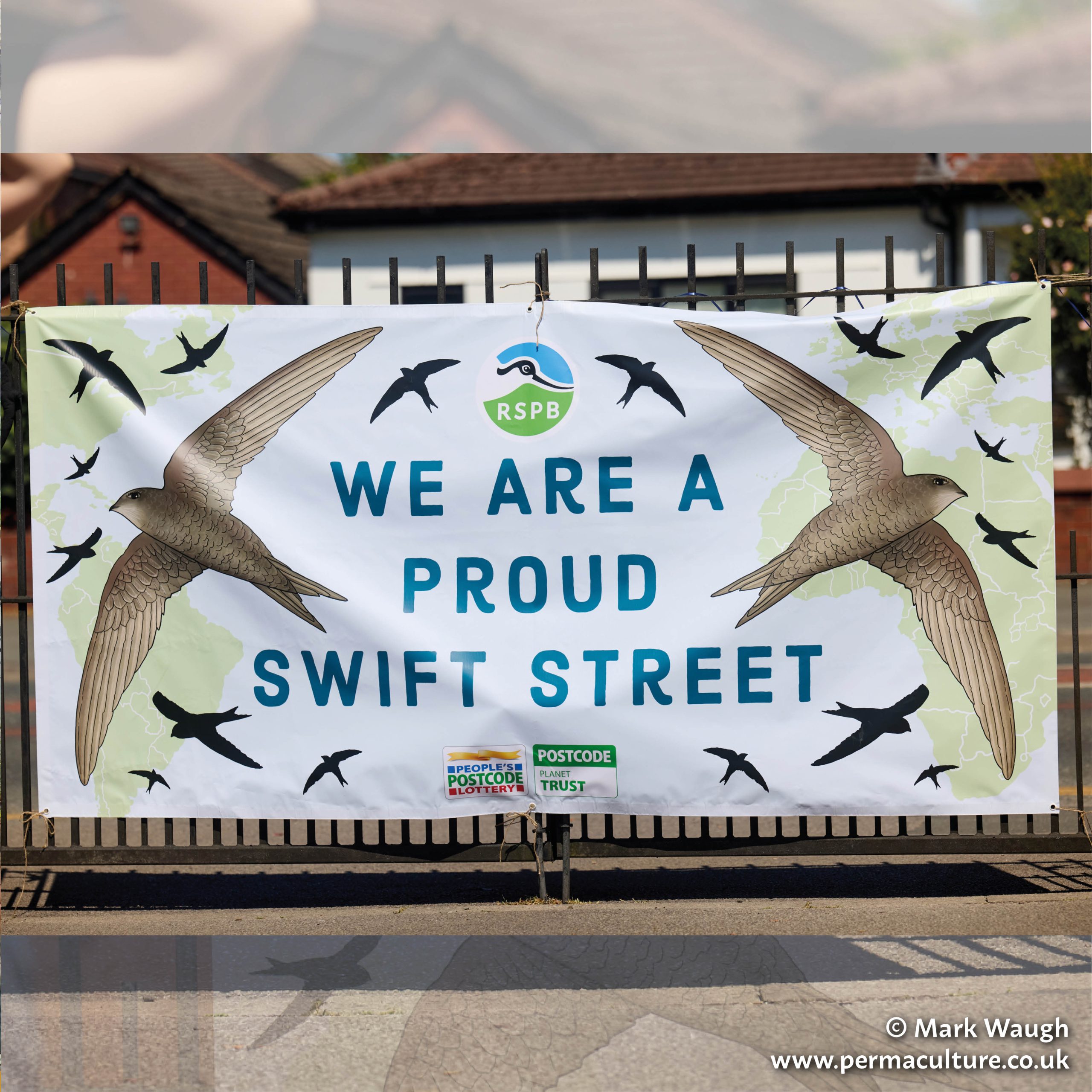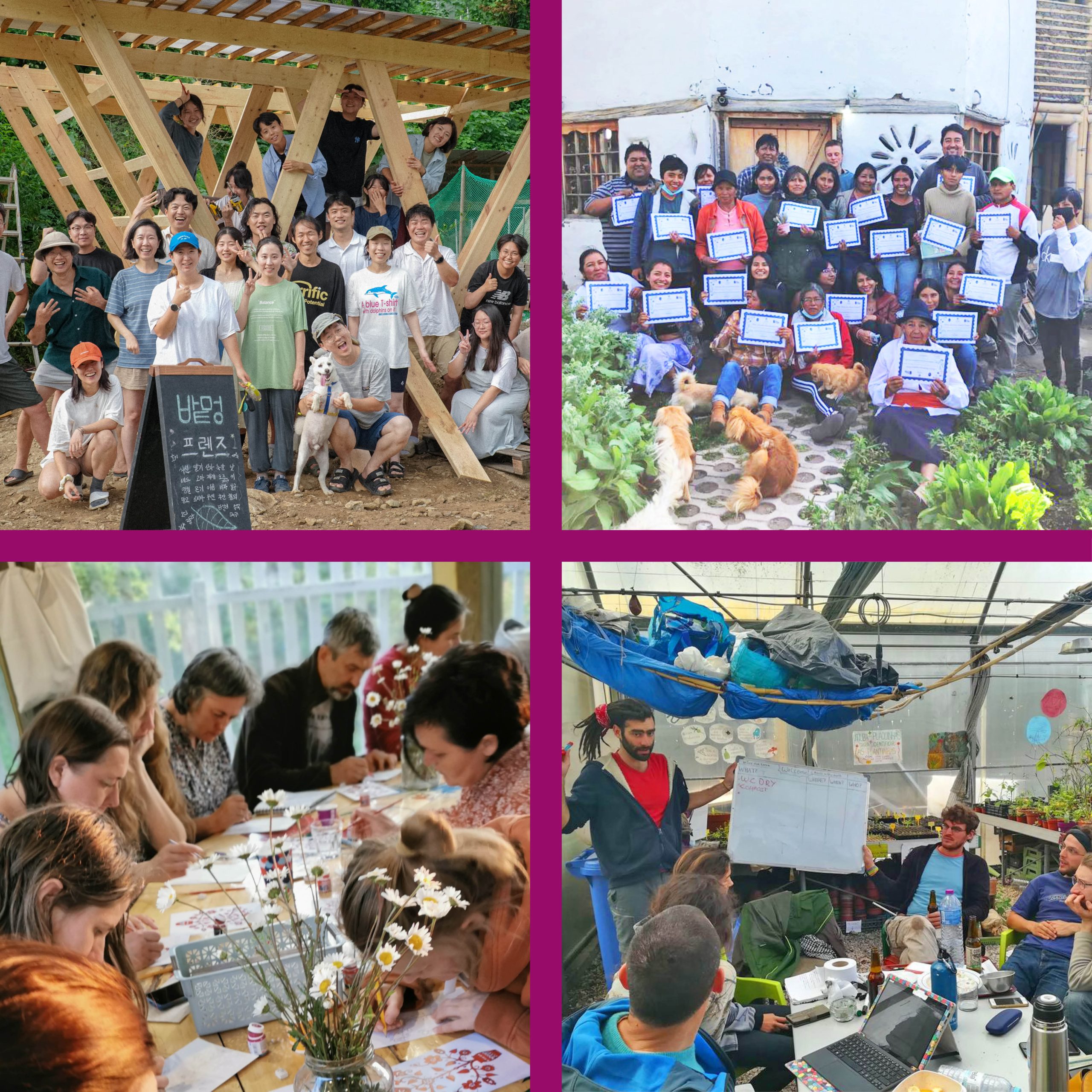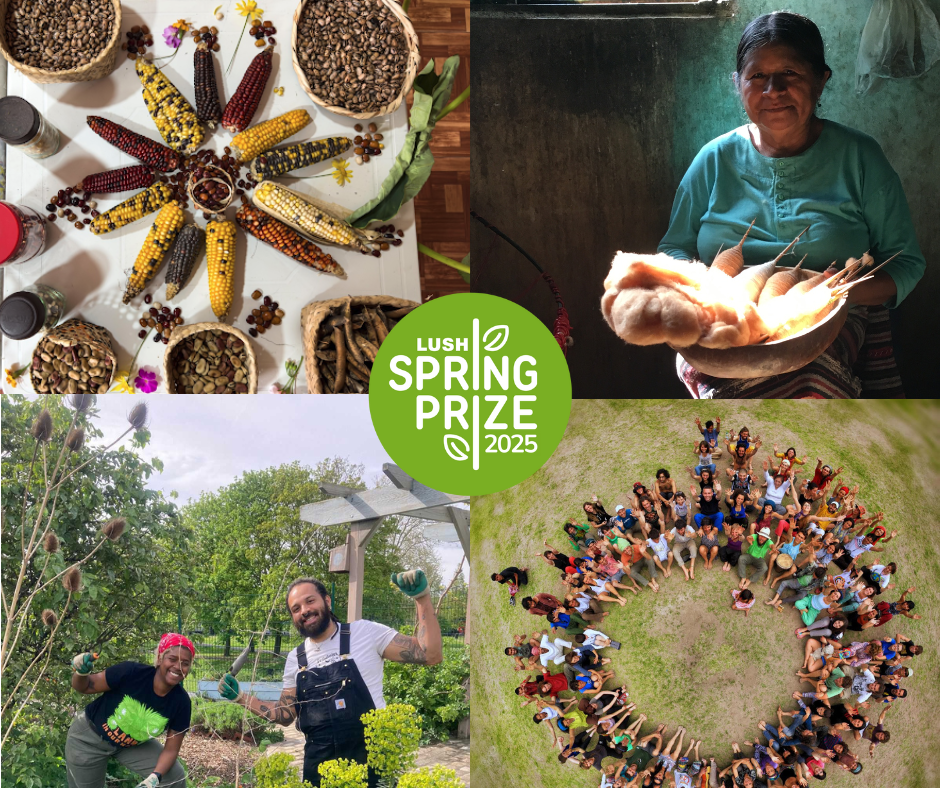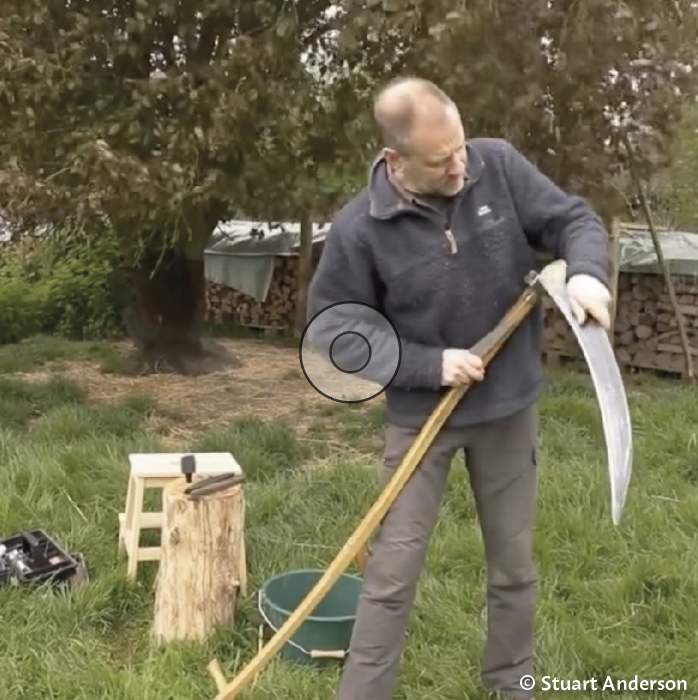One issue which unites all people in the world is the fact that we access nutrition by ingesting solids and liquids and as a consequence of this expel solid and liquid ‘wastes’ from our bodies.
When we are in gestation our mothers not only provide us with nutrition in the form of food and water but also tirelessly dispose of the wastes we produce as a consequence of this feeding regime.
When reviewing the modern attitude in respect of managing bodily ‘wastes’ it oftentimes appears that we harbour the illusion that we are yet within the gestational period and that Mama [in this case Mother Earth] will take care of our wastes on our behalf.
Even a cursory review of the situation ‘on the ground’ as it were, quickly reveals that Mother Earth is more than capable of usefully converting such ‘waste’ but not without our conscious and active participation in the process.
Féidhlim Harty understands this very well and has produced a manual that allows us to consciously join forces with Mother Earth in the quest to understand, responsibly manage and utilise our personal wastes as we strive for a harmonious relationship with the natural world.
Managing greywater resulting from the food preparation and dishwashing processes is also comprehensively dealt with.
The Permaculture Guide to Reed Beds is, like all good guides, something you can trust as you venture forward on your quest to emulate the ethical foundation of Earth Care, People Care and Fair Shares upon which permaculture stands.
Utilising a conscious design process that encourages us to ‘re-know the beneficial relationships in nature that can help us meet our needs in a sustainable and enlivening way’ Féidhlim clearly points the way forward beginning with Site Assessment and Priorities, then leading one carefully through Wastewater Treatment Basics and Settlement and Pretreatment Systems before delving into the specifics of The What? The Why? and The How? of Reed Bed design and construction.
At all points we are encouraged to think the problem is the solution, which in this case, encourages the understanding that the term ‘bodily waste’ is a gross misnomer when, in fact, these inputs hold valuable nutrients that, with the help of Mother Earth, can be exploited with relative ease.
The clear and well set out Contents pages, supported with a comprehensive Index and a Glossary, allows the information in this manual to be easily configured to suit existing as well as new build situations. It also encourages the active engagement of the waste producers themselves in the reed bed design and construction processes. If that’s a step too far for some, the manual allows for active engagement with expert designers and installers who can work on one’s behalf.
Issues around Planning and Health & Safety are comprehensively covered and are clearly and skilfully managed.
An excellent series of Appendices at the back of the manual provide construction details, checklists, planting and material lists.
It’s never been easier to take care of one’s own s**t.
A big thank you to Féidhlim!
